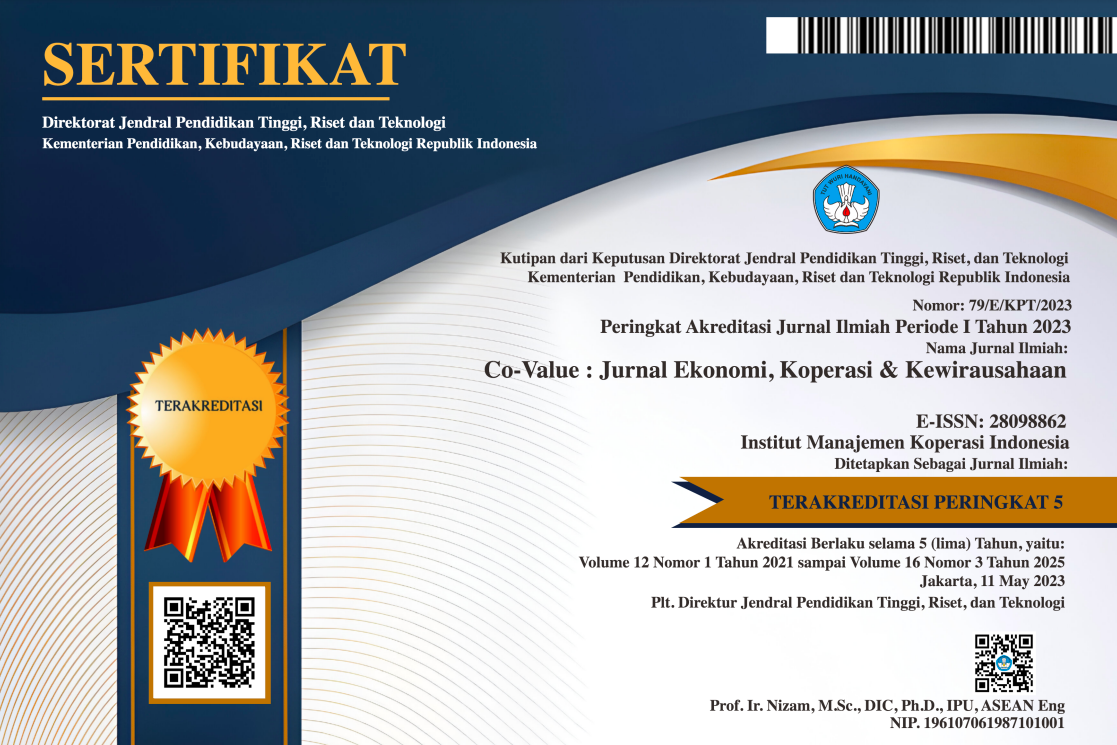The Legal Certainty of Wakaf Without The Existence of A Wakaf Power Deed Made by The Officer Making The Wakaf Power Deed
DOI:
https://doi.org/10.59188/covalue.v15i2.4515Keywords:
legal certainty, waqf, waqf pledge deedAbstract
Donating property in Islam is good teaching, and it is even recommended for every capable Muslim individual to do it. This is because waqf is an act that has good characteristics and motivation, namely taqarrub to Allah SWT. This terminology means that a wakif must express his will (to donate his property) to the nazir, namely the waqf expressed orally and in writing. The meaning of the words "spoken orally and in writing" is uncertain or ambiguous regarding the interpretation of these words. This research aims to determine the legal certainty of waqf implementation without a waqf pledge deed made by the official who made the waqf pledge deed. The writing method used is normative juridical with a problem approach using a statutory approach, a conceptual approach, and a historical approach, and data collection techniques using library research. Based on the research results, it can be concluded that the implementation of waqf which is carried out orally without a Waqf Pledge Deed is valid according to sharia and statutory regulations because it fulfills the elements of waqf, but its legal force is weak compared to waqf which is carried out with a written waqf pledge. form of Waqf Pledge Deed. In the future form of regulation, in order to guarantee legal certainty, the meaning or meaning of the waqf pledge must be further clarified the waqf pledge, namely the Waqf Pledge is a statement of the wakif's will which is stated and set out in written form, namely the Waqf Pledge Deed made by PPAIW.






